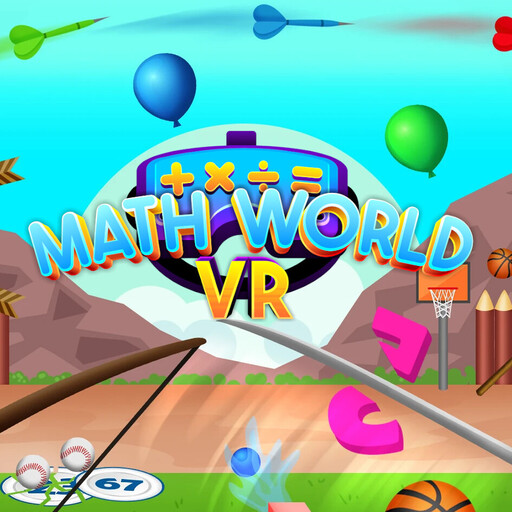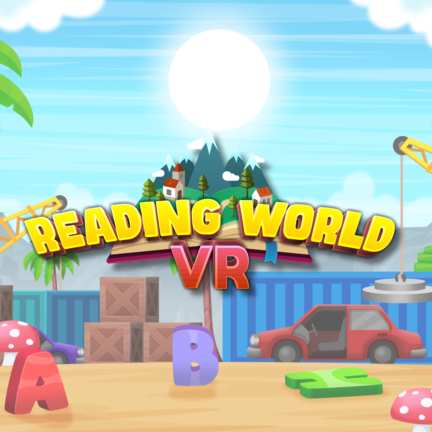Educational games can be a great way to help your child learn new things and develop important skills. However, with so many educational games on the market, it can be difficult to know which ones are right for your child. This article is here to help you choose the right educational game for your child.
Here are a few things to keep in mind when choosing educational games for your child:
Age appropriateness: Make sure the game is appropriate for your child’s age and developmental level. Some games are designed for younger children, while others are more challenging and appropriate for older children.
Learning objectives: Consider what your child is trying to learn and choose a game that aligns with their learning goals. For example, if your child is struggling with math, you might choose a game that helps them practice their addition and subtraction skills.
Gameplay: The game should be fun and engaging for your child. They should want to keep playing and learning.
Content: The content of the game should be age-appropriate and educational. It should not be violent or inappropriate for children.
Reviews: Read reviews of educational games before you buy one. This can help you get an idea of what other parents and children think of the game.
Once you’ve considered these factors, you can start to narrow down your choices.
Here are a few of the best educational games for kids of all ages:
Preschool:
- Toca Boca games: These games are designed for young children and are perfect for helping them learn about different concepts, such as colors, shapes, and animals.
- ABCmouse.com: This online learning program provides a variety of activities to help children learn their ABCs, numbers, and other basic skills.
- Khan Academy Kids: This free app offers a variety of educational games and activities for children of all ages.
Grade school:
- Minecraft: This popular game can be used to teach children about a variety of subjects, such as math, science, and engineering.
- Roblox: This online gaming platform allows children to create their own games and play games created by other users.
- Duolingo: This app can help children learn a new language in a fun and engaging way.
- Math World VR: This math VR game makes sharpening math arithmetic skills fun by combining math with fun mini games.

Teens:
- Code Combat: This game teaches kids how to code by having them solve puzzles and complete missions.
- Khan Academy: This free online learning platform offers a variety of courses on a variety of subjects, including math, science, and history.
- Udemy: This online learning platform offers a variety of courses on a variety of subjects, including coding, design, and business.
- Robo Rigs VR: In this builder VR game, students can expand their creativity and learn about gravity, physics, and building collaboration by building their own marble runs and R/C car circuits.

These are just a few of the many educational games available on the market. With so many options to choose from, you’re sure to find the perfect game to help your child learn and grow.

The Impact of Educational Games on Cognitive Development
In today’s digital age, educational games have become a staple in many children’s learning journeys. But why are they so effective?
- Brain Stimulation: Just like physical exercise strengthens the body, cognitive challenges in games can boost brain function. Games that require problem-solving, strategic planning, or memory exercises can enhance a child’s cognitive abilities.
- Motivation through Rewards: Many educational games use a reward system, which can motivate children to achieve learning milestones. This positive reinforcement encourages continuous learning.
- Real-world Application: Games often simulate real-world scenarios. For instance, a game that involves buying and selling can teach children about basic economics and mathematics.
- Enhanced Concentration: Engaging games can improve a child’s attention span. As they focus on achieving game objectives, they inadvertently train their minds to concentrate on tasks for extended periods.
- Promotion of Creativity: Games like Minecraft and Roblox not only entertain but also foster creativity. Children can build worlds, design characters, and even script events, honing their imaginative and technical skills.
Here are a few additional tips for choosing educational games for your child:
- Consider your child’s interests. What are they interested in learning about? Choose games that align with their interests to keep them engaged.
- Let your child try out the game before you buy it. If possible, take your child to a store and let them try out the game before you buy it. This will help you make sure they’re interested in the game and that it’s appropriate for their age and skill level.
- Play the game with your child. Playing educational games with your child can help them learn and develop important skills. It can also be a fun and bonding experience for you and your child.
Conclusion
In conclusion, while the market is flooded with numerous educational games, it’s crucial to select ones that align with your child’s developmental needs and learning objectives. As parents and guardians, understanding the underlying benefits of these games can help in making informed decisions, ensuring that screen time is both fun and fruitful. We hope this guide helps you in choosing the right educational games for your child.








